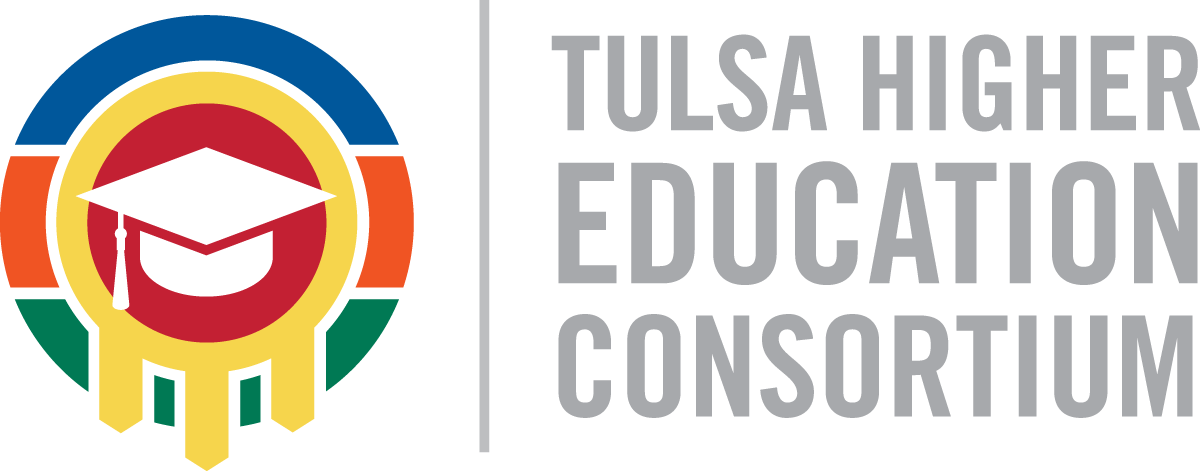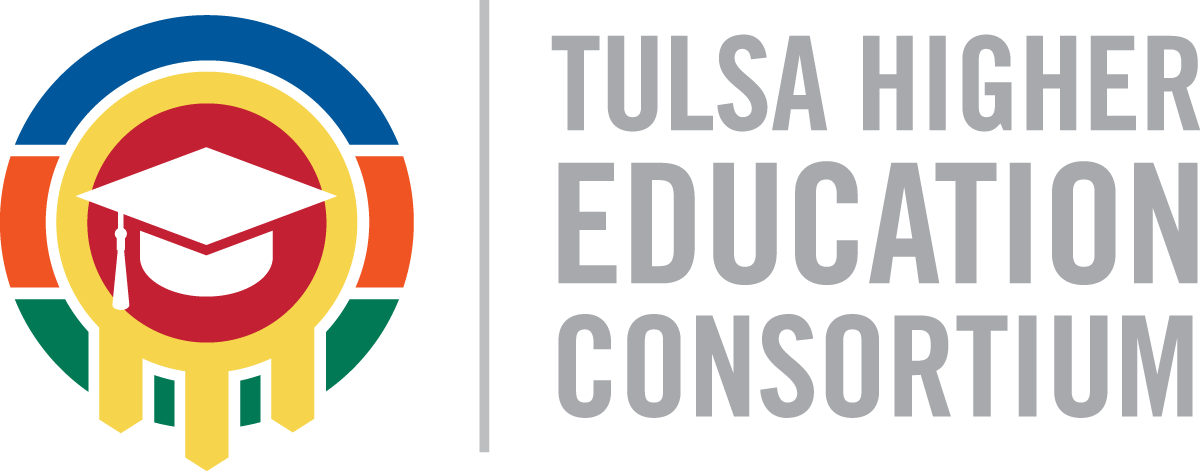
By Jansen Rouillard
Jansen is a Masters Student and Graduate Assistant at Oklahoma State University and also serves as a Postsecondary Intern for the Tulsa Higher Education Consortium.
As educators, policymakers, and change-makers, there is no question that we are all called to do challenging work. As we deconstruct and challenge policies at the systemic level, analyze and interpret convoluted data to predict trends and develop strategy, and broaden our perspectives to serve as trailblazers and pathfinders, we strive to create an equitable system where all students can thrive. However, as our plates begin to overflow, it becomes easy to lose sight of the purpose and meaning behind our work – students.
Student perspective is critical to the work of higher education and the very foundation of what we do. Students are able to provide unique and first hand insights into college experiences, processes, and expectations. Without student voice, we lose the opportunity to customize learning, meet student needs, and solicit future feedback. Over time, if we do not listen, students stop providing feedback. Most often, those lost voices are the voices of transfer students, adult-learners, international students, and students of color. However, when given the tools and the opportunity, students are more than capable of using their voices to advocate for themselves and to articulate the ways in which they wish their college experience to develop. When students are met with student-ready colleges and substantive opportunities to shape their experiences rather than the normative one-size-fits-all approach that typifies higher education, we empower students to their highest potential.
When I reflect on my own experiences as an undergraduate student, I realize that the spaces I was most invested in were the ones where I had the opportunity to take an active role in shaping my experience. While several experiences come to mind, perhaps the most impactful was the time I spent as a student senator. As the voice of my peers, our campus administrators at the highest levels looked to me and my fellow senators to connect with the pulse of the campus and to be the advocates for the college experience that we hoped to have. I had a plethora of opportunities to make my voice heard to create positive change. For example, lobbying for student conference funding, contributing to efforts that resulted in becoming the first Fair Trade Certified institution in Missouri, and conducting the research that would result in our health and wellness center on campus. When I look back on what I accomplished, I realize just how powerful my voice was in shaping these experiences. Serving as a student leader allowed me the platform to advocate for myself and others in a meaningful way that translated into positive action. I believe we must challenge ourselves to elevate the voices of all students, not just the ones that are easiest to hear.
In my current capacity as a graduate student with teaching responsibilities, I strive to integrate my past experiences and use my vantage point as both a student and educator to cultivate spaces where students feel empowered to have a say in how they learn and grow. I know what it is like to feel heard as a student, and as an educator, I hope to facilitate similar spaces and provide similar opportunities to the students I work with. While it is not always inherently simple, when we make the commitment to integrate student voice and experience, I think we will find that the benefits vastly exceed the challenges we might work through.
In this respect, it becomes our responsibility as educators, policymakers, and change-makers to turn up the volume on student voices. We must focus our energy, first and foremost, on providing an opportunity for feedback, but also on listening to the answers our students give us. In a larger sense, we must consider and operationalize a more effective system of support, one that does more than incorporate students’ voices, but uses them as the driving factor in our professional ways of proceeding. How might we teach students to advocate for themselves and contribute to important conversations? How might we honor student effort to think outside of the traditional or normative way of proceeding? How might we turn down our own voices at times in favor of amplifying student voices? The answer to these questions are multitudinous, and speak to the value of co-construction between our students and fellow educators, policymakers, and change-makers.
There is incredible value in exploring what it means to be a partner in the student development process that incorporates student thought and opinion into higher education policy and practices. When student voices are properly valued, students develop a sense of agency and are better able to articulate what they want out of their college experience. In turn, this empowers them to think more transformatively about their college experience, where they are able to take a zoomed-out view of their development and make connections across experiences, relationships, and values. When they no longer feel pressure to adhere to systemic expectations, we enable students to acknowledge that there is space for diverse experiences, to approach their own experience through the lens of inclusion and equity, and to regard themselves as individuals in community. As educators, policymakers, and change-makers, it is vital that we engage with students as partners in everything that we do.

